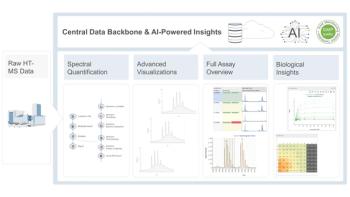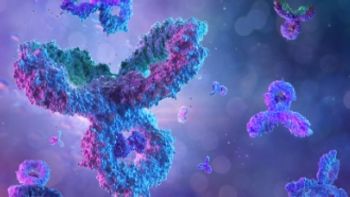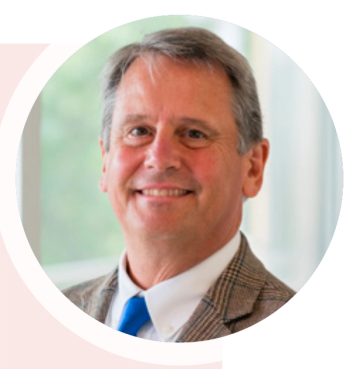
Graduate to Analyst – What it Takes
Webinar Date/Time: Thu, Jan 19, 2023 11:00 AM EST
What does it really take to be an analyst? Analysts require a diverse set of practical skills to be efficient in the lab, including basic lab skills such as weighing and pipetting, competency in correctly setting up instrumentation, understanding of the fundamental scientific principles of chromatography, as well as an organized and “right first-time“ mindset. All of this combined ensures samples are run efficiently and with minimum errors and costly repeat analyses.
Register Free:
Event Overview:
What does it really take to be an analyst? Analysts require a diverse set of practical skills to be efficient in the lab, including basic lab skills such as weighing and pipetting, competency in correctly setting up instrumentation, understanding the fundamental scientific principles of chromatography, and an organized and “right first-time” mindset. All of this combined ensures samples are run efficiently and with minimum errors and costly repeat analyses.
Whether you are graduating this year, are new to working in an analytical laboratory, or train analysts in the lab — this webcast is for you. We will discuss the skills that are needed and why it is so important to ensure that everyone has proper training in these skills. The presentation will cover options we have for training staff — mentor led, face-to-face, or online — and how to successfully combine these to minimize training time and get maximum results.
Key Learning Objectives:
- Role of an analytical chemist
- Wet chemistry and instrumentation techniques used in an analytical laboratory
- What you really need to know to succeed in analytical chemistry
- How to successfully train to be an analytical chemist
- The advantages and disadvantages of mentor-led, face-to-face, and online learning for training analyst
Speakers:
Colin Towers
Senior Technical Support Chemist
Element
After completing a degree in pharmacy, Colin Towers pursued a career in analytical chemistry. Following three years performing routine testing and three years instrument maintenance and calibration, he moved into a role as a method development and validation specialist in contract research. He gained 11 years of experience in developing methods for HPLC, LC–MS, GC, GC–MS and SPE in a high-throughput commercial environment, followed by three years lecturing in forensic analytical toxicology and a further three years working as a community pharmacist. Colin has now been with Crawford Scientific for 10 years as a technical specialist, consultant, and trainer.
Dr. Dawn Watson
CHROMacademy Product Manager
Element
Dawn completed her PhD in synthetic inorganic chemistry at the University of Strathclyde, Glasgow, followed by postdoctoral research on small molecule reaction kinetics at Princeton University. Following several years working for a major instrument manufacturer, she became a technical expert for CHROMacademy in 2013. She has expertise in various analytical techniques, including HPLC, GC, GC–MS, LC–MS, NMR, and molecular spectroscopy, as well as numerous wet chemistry and sample preparation techniques.
Register Free:
Newsletter
Join the global community of analytical scientists who trust LCGC for insights on the latest techniques, trends, and expert solutions in chromatography.





